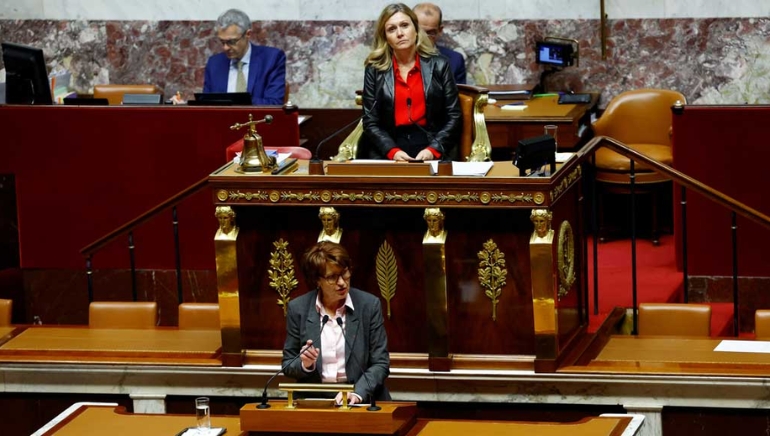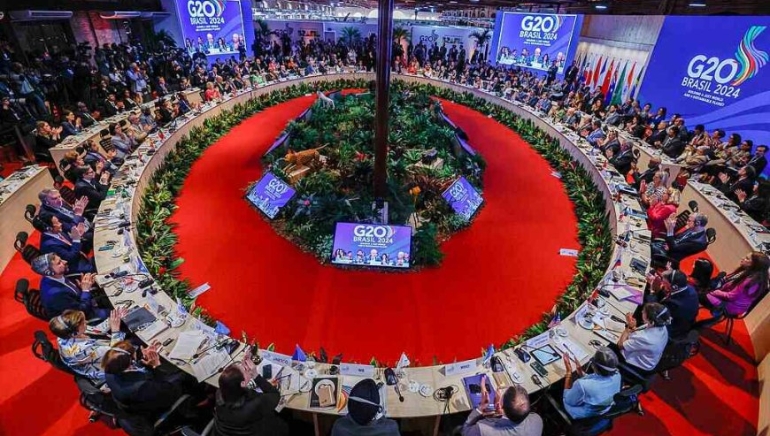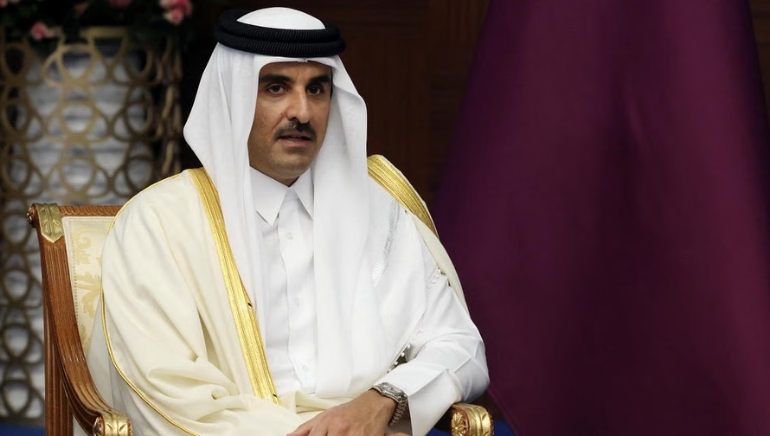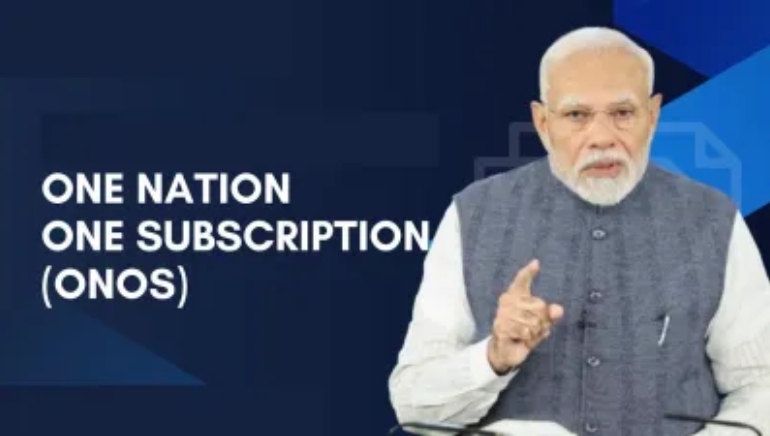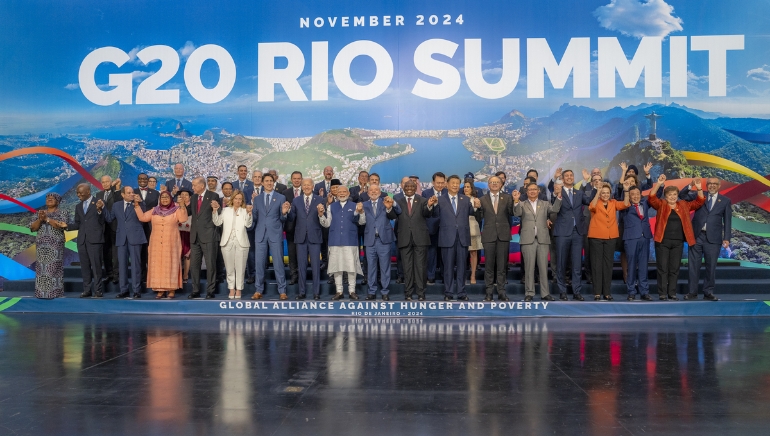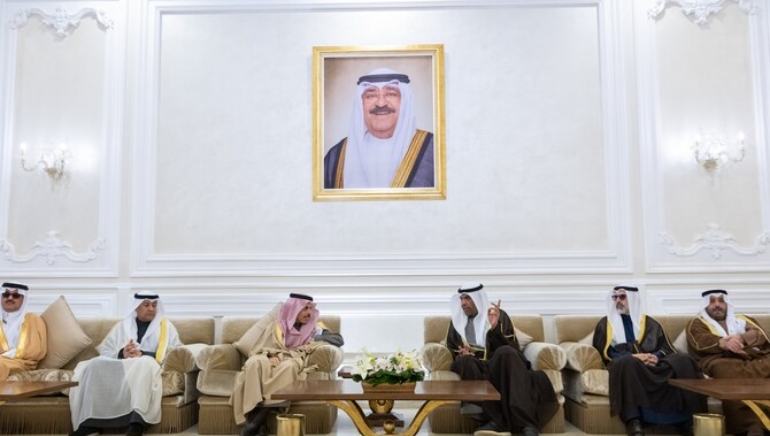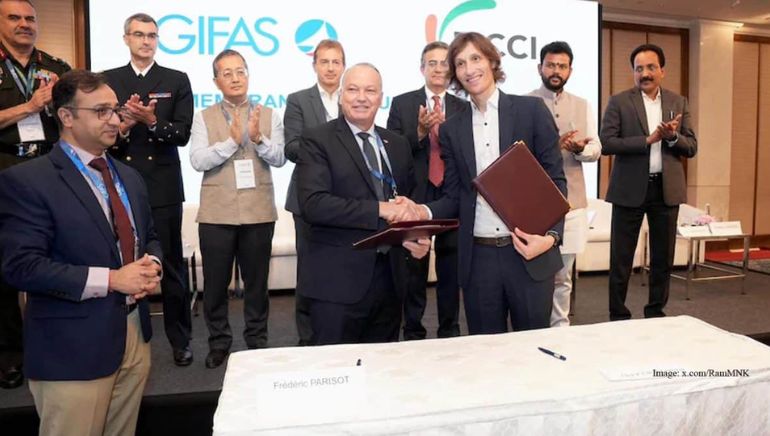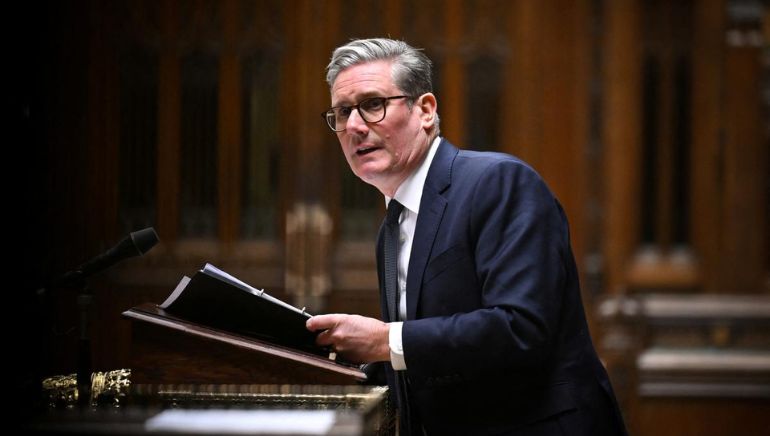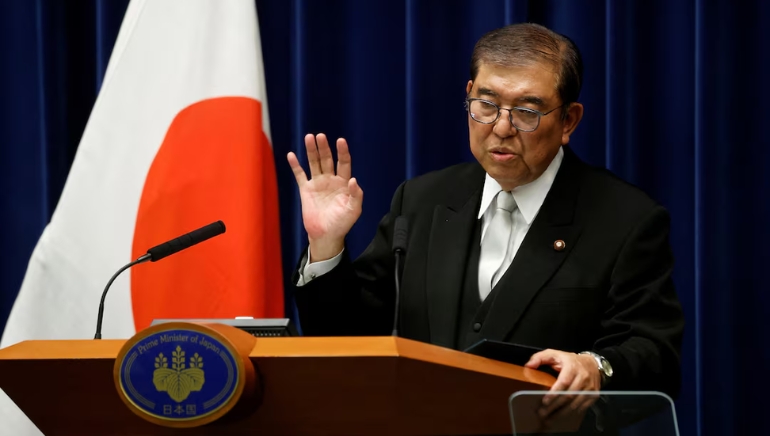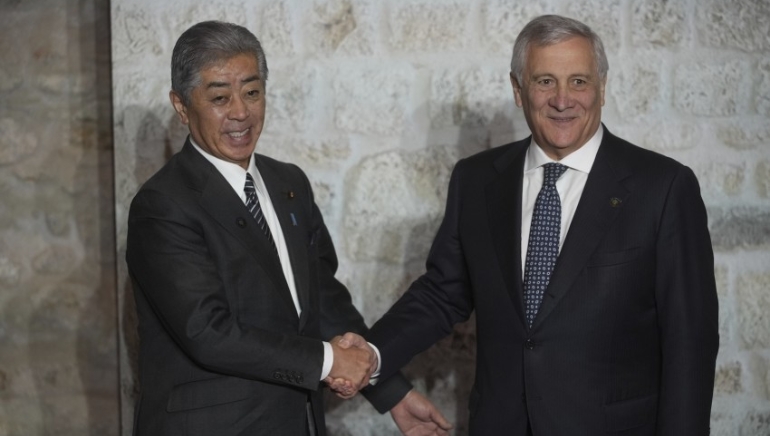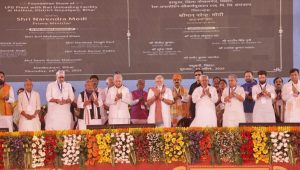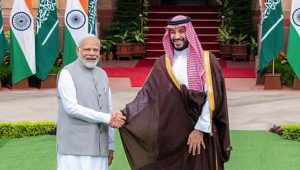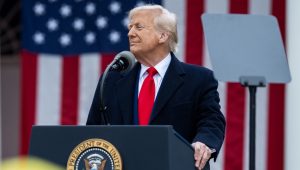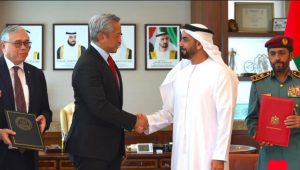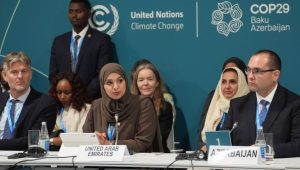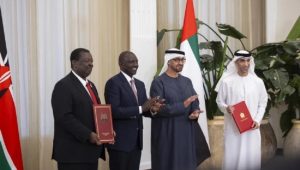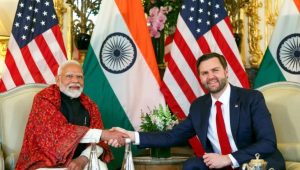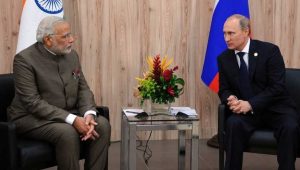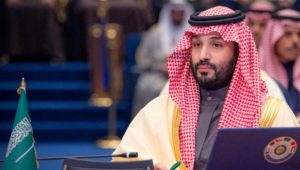India and France have immense potential for partnerships in renewable energy, said Commerce & Industry Minister Piyush Goyal on Wednesday. He highlighted the success of the International Solar Alliance (ISA), co-led by the two countries, calling it a “runaway success.” Speaking at the Asia Pacific Commission (APAC) 2024 Forum organized by the French Foreign Trade Advisors, Goyal noted that over 100 countries have joined the ISA.
Goyal elaborated on the alliance’s mission to bring clean and renewable energy to emerging and less-developed nations. He emphasized that sustainable practices could help mitigate climate change and its global impacts.
The minister also pointed out opportunities in agricultural and food processing sectors. “India and France can collectively expand agricultural and food processing for the world’s food security using innovative sustainable practices,” he stated.
India’s partnership with France has grown into a strong framework, covering areas like space exploration, defense, civil nuclear energy, digitalization, and a shared Indo-Pacific vision. Goyal mentioned the adoption of the Horizon 2047 roadmap, which outlines a 25-year shared vision for cooperation.
He invited French collaboration in India’s infrastructure projects, including industrial cities across 20 locations, to create world-class connectivity and urban ecosystems.
On the aerospace sector, Goyal noted that India is the world’s largest aviation market, with 1,500 planes ordered and potential for up to 2,000. He urged French aviation companies to establish manufacturing facilities in India. “For the next three decades, the Indian aviation market will be the largest demand aggregator,” he said. He also highlighted India’s rapid airport expansion, growing from 74 airports in 2014 to 125 today, with plans for 75 more by 2029.
Goyal stressed India’s growing defense sector, inviting global companies, including French firms, to manufacture in India. He assured that India’s robust patent regime does not insist on technology transfer and offers 100% ownership for foreign companies.
Discussing automobiles and electric vehicles (EVs), he said India and France could co-develop technologies for a sustainable mobility revolution. “India has a large pool of first-time vehicle owners, and providing them sustainable options will be easier,” Goyal added.
On digital technology, he encouraged both nations to support startups in cybersecurity, AI, e-commerce, and quantum technologies. He announced that the India-France Year of Innovation 2026 would boost technology-driven growth through joint projects in IT, healthcare, renewable energy, and smart cities.
“The true strength of the India-France partnership lies in trust,” Goyal said. He emphasized that mutual trust would enhance investments in manufacturing and services. Highlighting the role of Global Capability Centres (GCCs) in India, he said both countries could co-innovate and foster academic partnerships to improve the innovation landscape.





